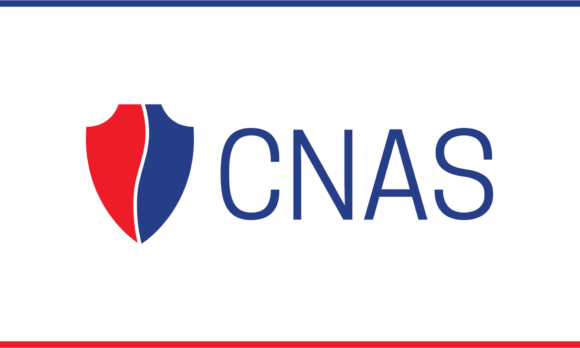Preparing the President
The Papers for the President series is designed to assist the next president and his team in crafting a strong, pragmatic, and principled national security agenda. The series explores the most critical regions and topics that the next president will need to address early in his tenure and includes actionable recommendations designed to be implemented during the first few months of 2017.
Reports in this Series
Drone Proliferation
Executive Summary The U.S. monopoly on drones has ended. More than 30 nations already have or are developing armed drones, and at least 90 nations, as well as some non-state a...
Transatlantic Security Cooperation in the Middle East
The Middle East presents a wide array of challenges that raise fundamental questions about how the transatlantic community should calibrate its approach to promote stability i...
Defining Moment
The legacy of President Barack Obama’s handling of the transatlantic relationship will be one of complexity and mixed opinion. When Obama first entered office in 2009, Europea...
The Future of U.S.-Russia Relations
The next president will inherit a relationship with Russia fraught with more tension than at any point since the Cold War. Russia’s 2014 invasion of Ukraine sparked fear that ...
Surveillance Policy
Today, the United States faces a more diverse, more complex array of national security threats than ever before. With ever more human activity taking place on electronic netwo...
Business Reform in the Department of Defense
It is difficult to reform business practices at the Department of Defense (DoD). Senior officials who must lead reform efforts rightly focus their attention on warfighting mis...
Transatlantic Security Cooperation in the Asia-Pacific
When the Obama administration announced its strategic rebalance to the Asia-Pacific region in 2011, a number of European capitals initially worried that it would be followed b...
Increasing Prosperity, Resource Stewardship, and National Security
On January 20, 2017, a new U.S. president will take the oath of office. He or she will assume responsibility for assuring the safe, reliable, and affordable provision of energ...
The Next Generation of Sanctions
Economic sanctions have become a leading, bipartisan tool of American foreign policy. To quote U.S. Treasury Secretary Jacob Lew, “Economic sanctions have become a powerful fo...
Sustaining the Rebalance in Southeast Asia
Southeast Asia’s global rise illustrates its promise and its pitfalls. As with growing global interdependence, there are pluses and minuses that President Barack Obama’s succe...
Reset, Negotiate, Institutionalize
Since the start of the Arab revolutions five years ago, the Middle East has experienced unprecedented instability. In such an impossibly fluid situation, the initial response ...
Nine Lessons for Navigating National Security
Few periods in modern world history have been as complicated and tumultuous as the one the next U.S. administration will confront. A long list of international problems will c...
Passing the Baton
As the 2016 election cycle moves into full swing, four CNAS experts lay out a comprehensive overview of issues facing the veteran and military community and a plan with substa...
Enabling Decision
Four CNAS experts - including three former National Security Council (NSC) staff - recommend changes to NSC management processes and structure to make it more agile and effect...
Videos in this Series
Strategic Choices for the President
From regional tensions in the Middle East and South China Sea, to the rise of non-state actors such as the Islamic State, to a resurgent Russia challenging Europe and western unity, these issues will require a deft combination of leadership, innovation, and the prudent use of all elements of national power.
Technology, Innovation, and the Future of Warfare
We are living in the midst of an information revolution that is changing how we communicate, do business, and make friends. It is also changing warfare. Even as the United States responds to this challenge, it must also posture itself to dominate in the next phase of the information revolution.
The National Security Transition
On January 20th, 2017, a new President will take the oath of office. It is one of the most quintessentially American moments, the peaceful transition of leadership in the world’s most powerful democracy. CNAS experts explore how to navigate the transition.














